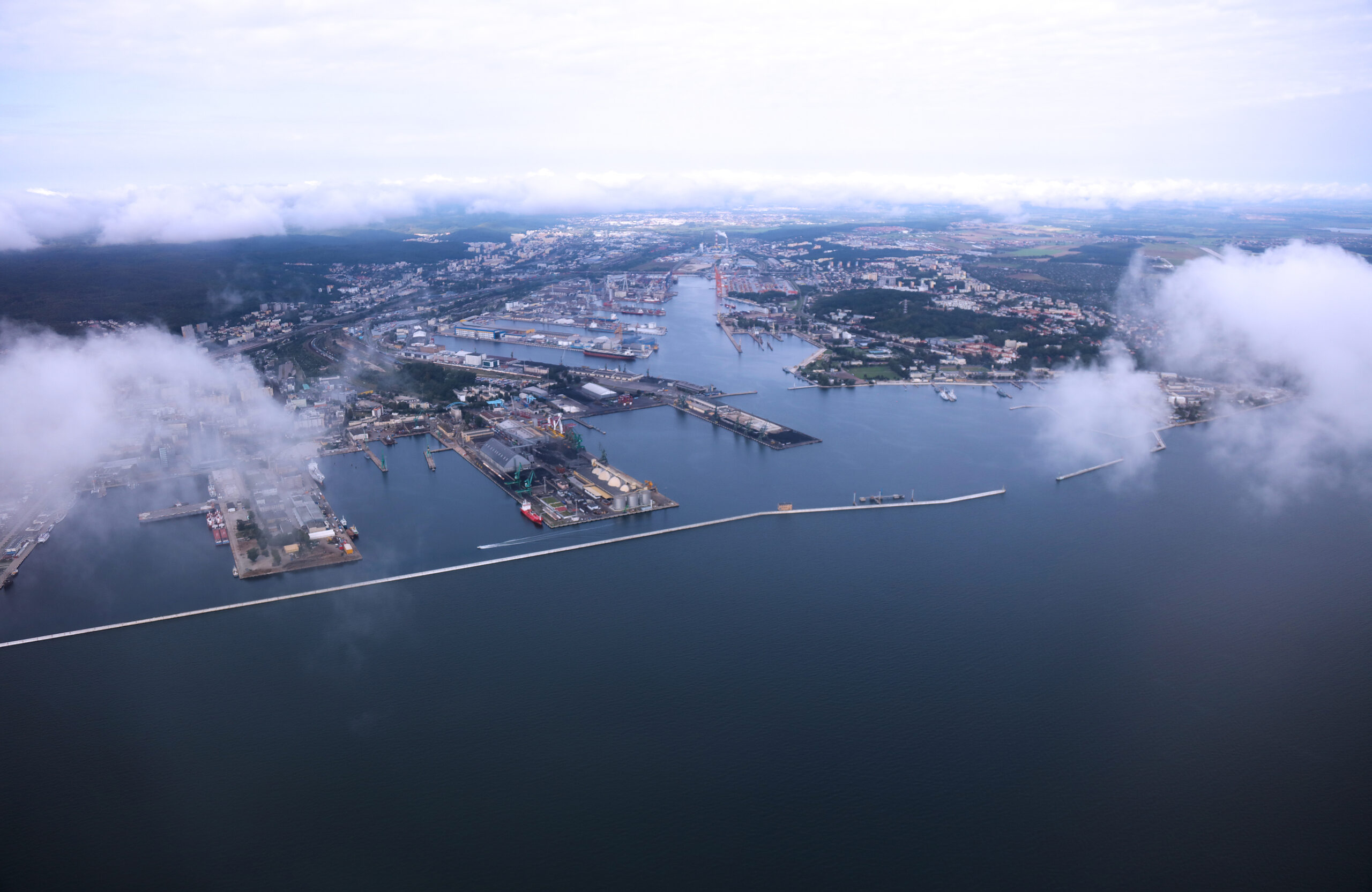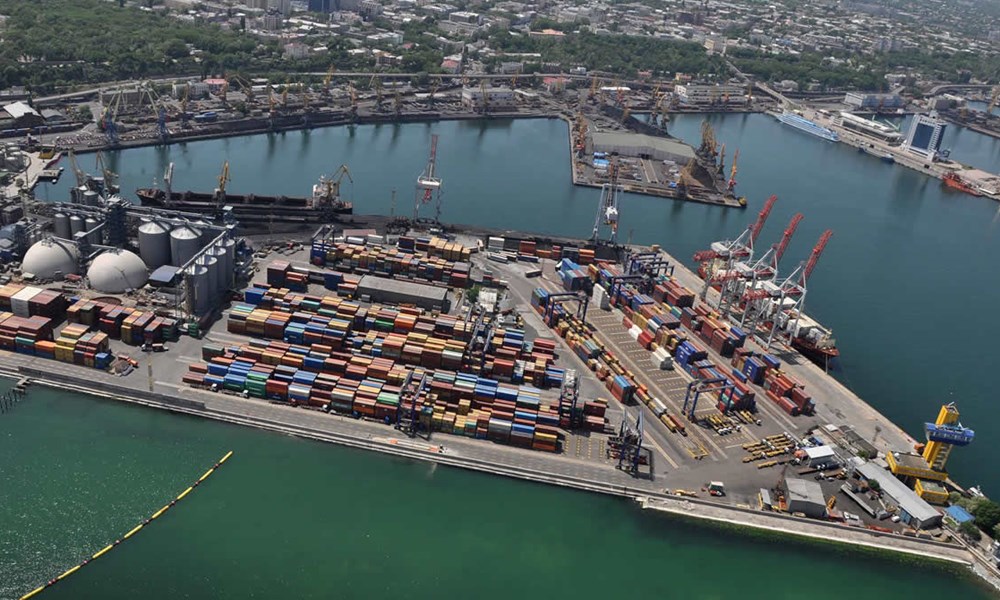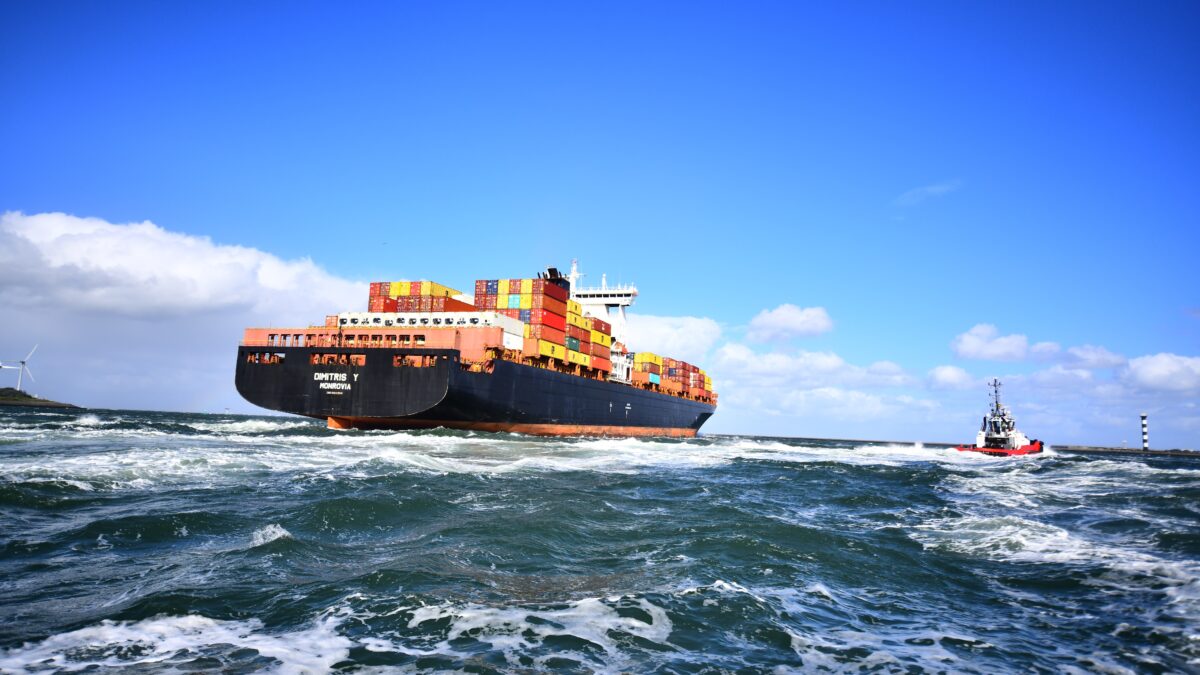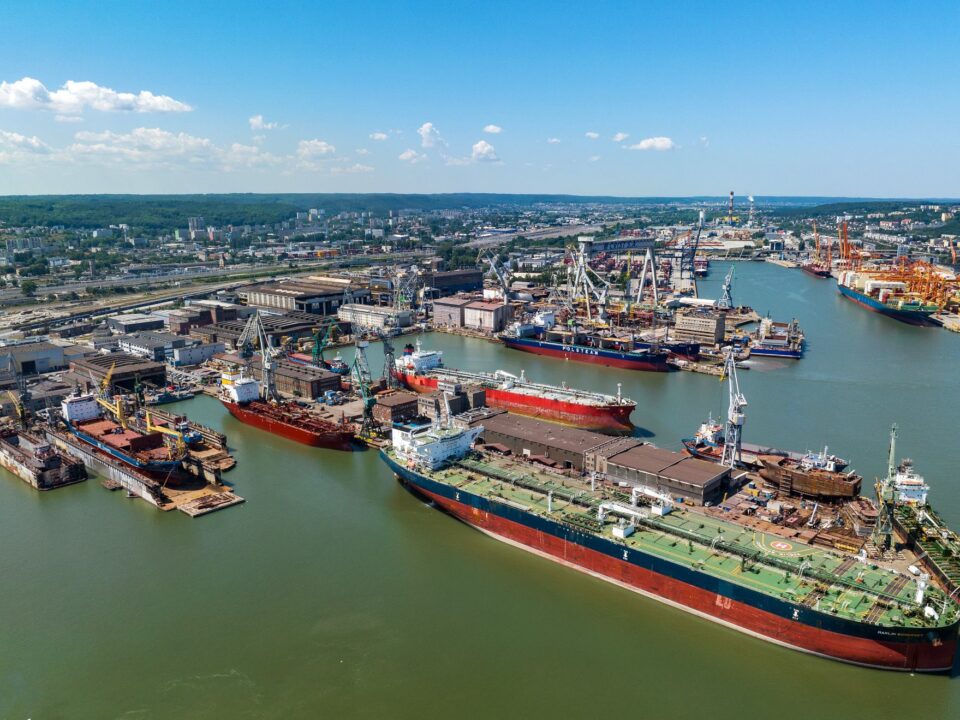
Ports follow suit
9 August 2023
Ukraine and the maritime insurance market
18 August 2023Recent developments in the international economic, cultural and political arena are increasingly being described as the birth of a multipolar world that is slipping away from the absolute domination of the United States. French philosopher Chantal Delsol describes it as the “twilight of universalism” typical of Western civilization.
Although the process is associated with the shortening of global supply chains resulting from pandemics or the Russian-Ukrainian war, and before that the US-Chinese trade wars, its causes lie in phenomena much earlier and having their origins in the crisis of our civilization. For the past two decades, economic analysts have been pondering the answer to the question: where did today’s dominance of China and other eastern empires in the world economy come from – countries that until recently were among the developing countries?
The climate of Indian President Narendra Modi’s recent visit to Washington, D.C., is telling in this regard, with Joe Biden needing to sanction India’s entry into the premier league not only of the global economy (new technologies, semiconductors), but also of politics and diplomacy, despite earlier allegations of human rights violations and later an ambiguous stance on the war in Ukraine (buying of Russian oil).
Recent international developments are precisely related to the shortening of global supply chains or deglobalization. Russia’s invasion of Ukraine not only blocked the connections of Russia, Belarus (due to sanctions) and Ukraine (due to ongoing hostilities) to the West, but also sealed the end of the previous globalization model. There is a shift away from seeking only low-cost just-in-time production and warehousing. Supply chain resilience and cooperation with trusted economic partners is changing the existing economic model to so-called friendshoring, understood as moving production to a group of countries with similar values.
No matter how deep the process is, it is linked to the decline in economic ties between the East and the West, especially between the United States and China (great decoupling). The prevailing interpretation is that this phenomenon will be beneficial to either the European or the American economy, as it will lead to the relocation of many companies from Asia to the West. Countries like China and its grand New Silk Road project will be at a loss because the scale of the Middle Kingdom’s ties with the West.
On the other hand, however, it may be food for thought that in today’s international economy the roles have reversed and it is the West that is afraid of the East, its cheaper products based on ever-improving technologies, the Eastern work ethic or the phenomenon of “capitalism with Asian characteristics”, within which the threats of populism and a retreat from democratic standards, which is sometimes referred to by the synonym “Asian plague”, sound particularly grim to us Europeans. As a result, the list of barriers to global trade is lengthening, and the driver of protectionism has no longer been Asian countries, but the United States and the European Union multiplying sanctions against companies that would like to tie key supply chains to China. In particular, companies producing processors to build conductors for the Asian market are sanctioned. Added to this is the reluctance of countries such as the US, China and Russia to ratify international agreements. So who today is the greater enemy of international trade, open cooperation, globalization or even universalism: the Asian states or the US and its international agenda?
Thus, while in the first impulse of thought it seems that the treatments aimed at Asian countries, especially the activation of the figure of the “Chinese bogeyman” (economic espionage, corporate takeovers) are a legitimate Western response to expansionist appetites, in reality they can be interpreted as a manifestation of helplessness and an admission of defeat. Be that as it may, they demonstrate the twilight of the universalist policy of the United States and the international organizations operating under its aegis, such as the UN, WHO, and the EU, whose actions are proving ineffective and indecisive in the face of problems. Grassroots forces and their “small worlds” are growing in importance, and they will be the main actors in globalization. The transformation taking place is being described synonymously with the “awakening of Asia”, and it is not only Asia that will benefit. In today’s geopolitical situation, Asia (as a result of Russia’s irresponsible stance, among other things) may be in temporary retreat, but that doesn’t change the fact that historically it has been the economic successes of Asian companies and Asian contextual culture that have challenged the hitherto dominant Western consensus. The geopolitical reset and reconfiguration of global supply chains is an opportunity for new players (including Poland), provided they recognize the situation well and make informed decisions.
Article developed with Namiary na Morze i Handel magazine
phot. Namiary na Morze i Handel magazine






